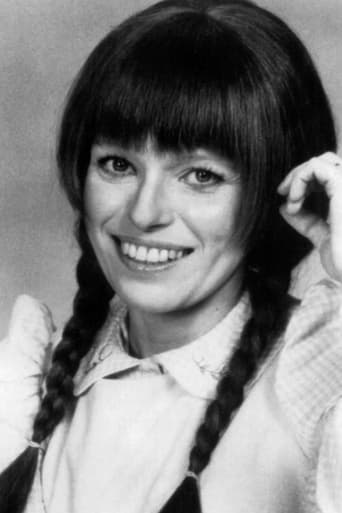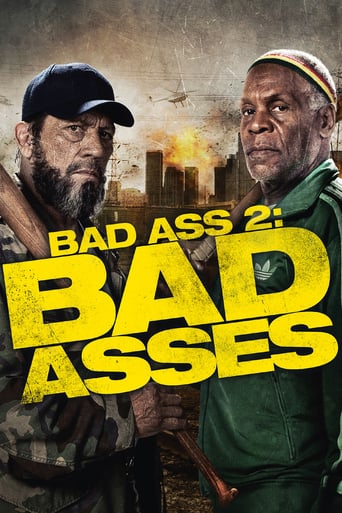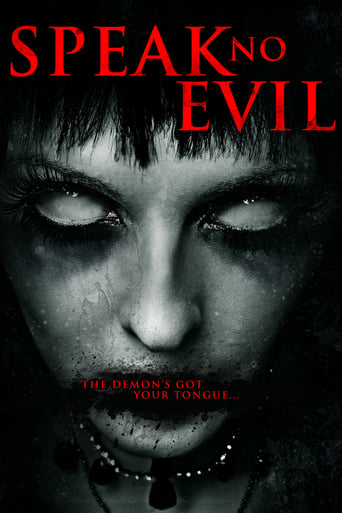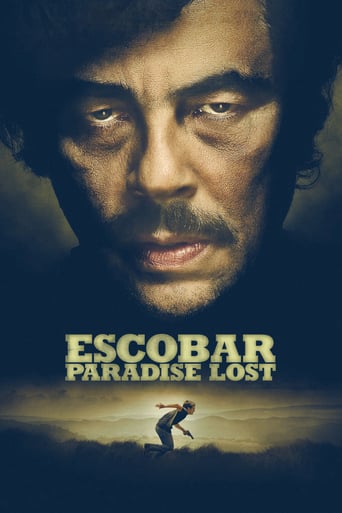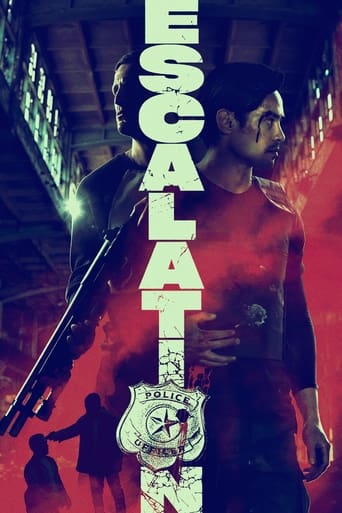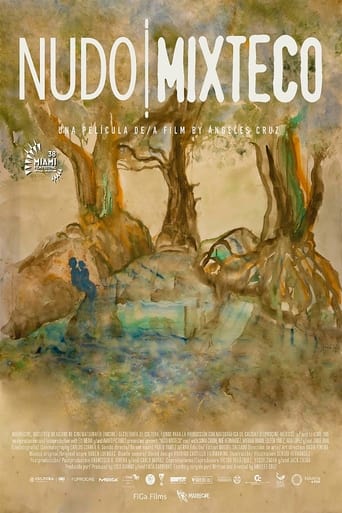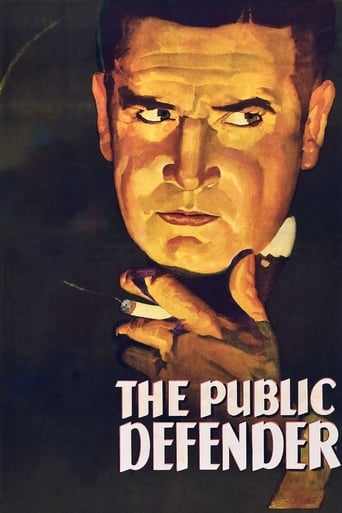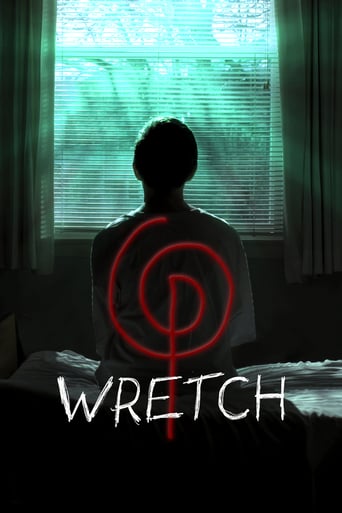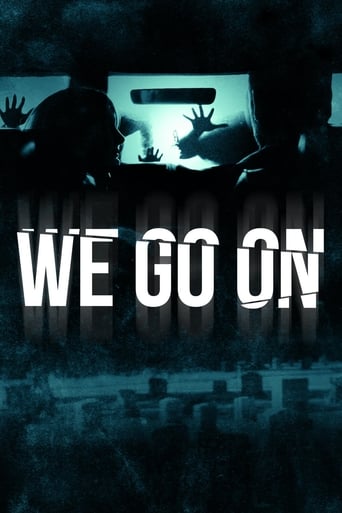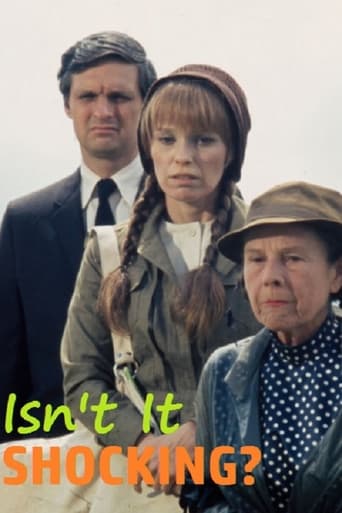
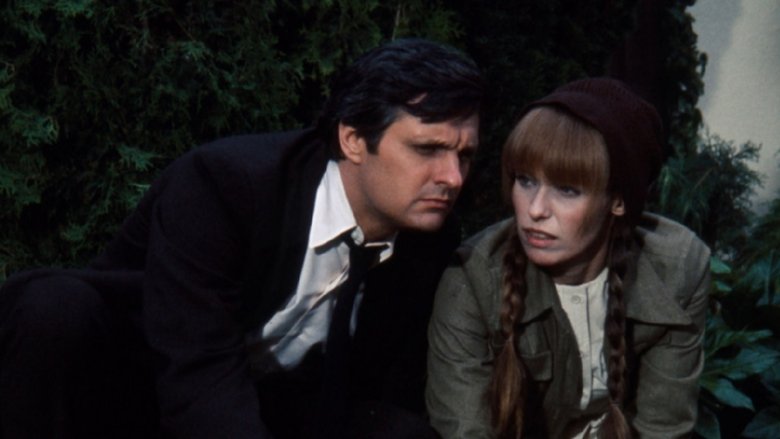
Isn't It Shocking? (1973)
A small-town sheriff is confronted with the deaths of local senior citizens and strange goings-on in his town.
Watch Trailer
Cast


Similar titles
Reviews
Excellent but underrated film
Admirable film.
Tells a fascinating and unsettling true story, and does so well, without pretending to have all the answers.
Exactly the movie you think it is, but not the movie you want it to be.
I am not sure if this is the right movie, so this may or may not be a spoiler-type of question. Is this the one where a body is in a crate of some kind and Ruth Gordon chops off his foot because it is sticking out? I have vague memories from when I was a kid, and if, indeed, that is this particular film, I loved it! Thanks in advance for your help!
Mount Angel, a small New England community inhabited mostly by seniors, is beset with a serial killer; the bachelor chief of police and his kooky assistant figure out the murderer's motive. "Isn't it Shocking?", an ABC movie-of-the-week scripted by mystery writer Lane Slate and directed by John Badham, is full of talent, yet it fizzles out somewhere along the way. The teleplay, the handling and the performances are all offbeat, yet not odd or unusual enough; the scenario is tinged with black comedy, but it isn't funny enough; and, worst of all, there's no guesswork needed in these killings because neither Slate nor Badham is interested in making the film a mystery (the killer is revealed to us right off). Alan Alda has the perfect dryly-eccentric manner for a role like this; if he were comically frazzled, it would add too much weight to the material (he gives the proceedings the cautiously light touch it needs). But there's no sympathy for the elderly victims (the first of whom, a woman, is found stripped), and the succession of funeral services is too gloomy. Badham doesn't provide any sting (or, conversely, any dark humor) to the narrative; he's determined to bend this thing towards the bizarre but, like the pun in the title, he lacks taste and finesse.
This is one of four 1970s movies by TV writer Lane Slate about sensationalistic murders in small towns. They feature likable TV personalities as police chiefs and quirky characters as town regulars, including light-touch love interests. The others are: They Only Kill Their Masters (James Garner, 1972); and The Girl In The Empty Grave and Deadly Game (both Andy Griffith, 1977).Alda's is set near Vermont ("Mount Angel" next to "Horse Creek"); the others in California, Garner's at seaside ("Eden Landing") and Griffith's in the mountains ("Jasper Lake"). All try to capture the feel of a small town, to move at a relaxed pace among comfortable characters, and to tell a mystery with at least some complicated twist or turn to it. On that level, they are somewhat entertaining (that they were often re-run itself suggests they have some appeal). But they suffer from overall thin stories and dialogue, slack pacing, bland settings, flat or exaggerated characters, and off-putting, forced attempts (often juvenile or crude) at color or humor.Alda's and Garner's are the most serious about story, characters, pacing, and tone. They have the best supporting casts, though Alda's is put to better use; the Griffith casts pale in comparison. Alda's has the best director."Shocking" has some surprise and drama. The killer's method is inventive. The tone is more even, and the dialogue more natural, than in Griffith's. Alda's film does not suffer like the others from smug big-city transplants to the town or from hokey, exaggerated local characters, both of which come across as figments of a Hollywood scriptwriter, not as genuine (the worst offender is the Griffith movies' pipsqueak, mumbling moron "Whit," who, we are told, tried to hook a jeep up to and make off with a trailer serving as a temporary bank branch, dragged away the dock for the police boat, stole tomatoes from a farmer's truck only to get nothing for them, and filled out $11 on the withdrawal slip of "Spiro T. Babylis" only to be discovered by the teller). Mercifully absent is the clunky, heavy-handed repetitive-style dialogue from the Griffith movies ("You going to lunch?" "I'm going to take out the boat." "You going to take the boat to lunch?" "I'm not going to lunch." "You're not going to take the boat to lunch?"; "There aren't any fish in this lake. Why are you fishing here?" "It's illegal in Horse Mountain." "It's posted here too, you're breaking the law." "Some law. There aren't any fish in this lake." "Then why are you fishing here?" "I told you, it's illegal in Horse Mountain."; "Please call me Lloyd. My name is Lloyd." "Okay, Lloyd..." "Call me Lloyd. That's my name. My name is Lloyd.")But Alda is too low-key and unimpressive to be taken seriously as even a small-time police chief, certainly not a red-hot lawman in demand by a rival town. Slate has the character admit as much, when he comes late to the scene of a by then obvious clue, as a result of an accidental name recognition. Rather than detect or investigate, Barnes strikes out blindly in emotional denial. His secretary Lasser feeds him a key clue ("Why didn't I think of that," he says!). An embarrassing funeral scene, plus a plot contrivance, leads to another gift clue.Worse, Barnes is more interested in deriding the military-style helmets of the county police sent to help him (Deadly Game also suggests Slate has something against the military) than leading them or his own men effectively. He allows a late murder by incompetently guarding a known target. Barnes allows his car to be repeatedly rammed by the killer fleeing one crime scene, without drawing his gun or trying to take control. Again, he is ineffective, and nearly killed, in the climactic scene, which results from multiple errors on his part that are only partially corrected, by accident. The erratic Northeastern accent that Alda affects does not help believability.There are plot holes. Why would the killer strike after all these years? And committing the first two murders without a trace seems implausible. But they are nothing compared to later ones -- a couple together, a shopkeeper in his store during business hours, a fully clothed deputy seated in his office and, unbelievably, his dog!Alda's movie also suffers from some offensive elements that Slate injects into all the movies. Barnes first appears in a motel clerk's bed. He then treats her rudely at every turn and insults and tries to avoid her kids. This, and talk about the female doctor, smack of a crude, mean-spirited pattern (Garner's film has been described as "sleazy," including a scene where he and a deputy laugh about how a girl in the back seat of a car that hit a bump in the road had part of her anatomy bitten off by a guy in the car with her. Griffith's feature an ersatz Ropers routine, in which the woman embarrassingly tries to coax the man into "the supply closet"; a gratuitous locker-room-type exchange with a deputy in discussing a young woman's car accident death ("Did you take her out?" "I took her in once."); a reference to bank teller "Bernice" as "swollen-up in places" and to "sticking a pin in" her and to "hating" and firing secretary "Maude" because she was "too hairy"; a description of the female doctor's practice as "two stirrup tables and a flashlight"; a humiliating scene in which Fran Ryan propositions Griffith, offering "some home grown"; and an insulting subplot in which a woman, pursued by a deputy played as a drippy buffoon, seems to "sleep around").Finally, Alda's film has a grim, bleached-out, colorless, lifeless look and feel. Only Louise Lasser adds spark. At least the other films had some spirit, scenery, and pleasant music; Griffith's got out onto the mountainside, onto the lake, and even out into the big city. You feel more like re-watching Masters or Empty Grave than Shocking.
This is a great TV movie with a good story and many comic moments thanks to the excellent cast.The only problem this movie has is that it hasn't stood the test of time as well as it might have.Despite this, it's definitely worth viewing, particularly if you are an Alan Alda or Ruth Gordon fan.



